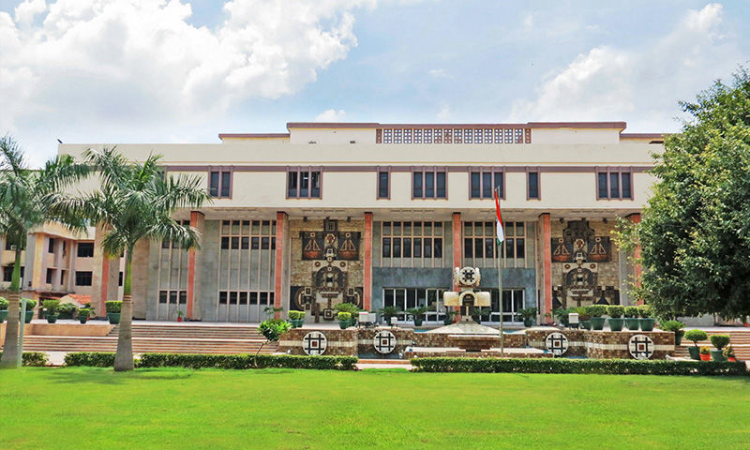Arbitral Award Passed In Disregard To Judicial Decisions Conflicts With The Public Policy : Delhi High Court
Parina Katyal
24 May 2022 11:39 AM IST

Next Story
24 May 2022 11:39 AM IST
The Delhi High Court has held that an arbitral award that is not in consonance with the judicial decisions and principles laid down by the courts of India would be in violation of the fundamental policy of Indian law and thus in conflict with the public policy of India under Section 34 of the Arbitration and Conciliation Act, 1996 (A&C Act). The Bench, consisting of Justices...
